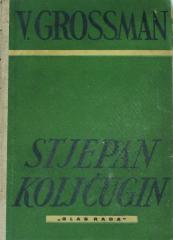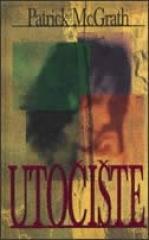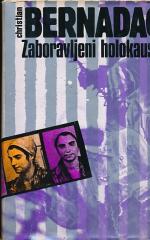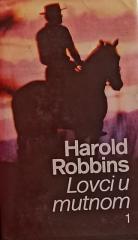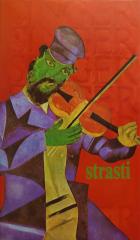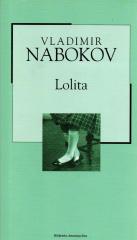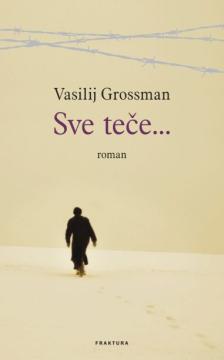
Sve teče...
Im Roman „Alles fließt“ (Frankfurt 1970, Moskau 1989) ist die Grundfigur eines ehemaligen Häftlings aus Stalins Lagern Träger von Überlegungen zum Wesen des russischen Totalitarismus. Die kognitiven Werte der Prosa zogen in den bahnbrechenden 1970er und 1
Alles fließt... ist einer der ergreifendsten und kraftvollsten Romane über das Leben in der Sowjetunion, über die Schrecken einer besseren und gerechteren Welt. Vasilij Grossman drückte in einem in den frühen sechziger Jahren des 20. Jahrhunderts verfassten und erstmals in der UdSSR kurz vor der Perestroika veröffentlichten Roman-Essay über das Leben und die Gedanken von Ivan Grigorjević, einem Mann, der wie viele Unschuldige dreißig Jahre im Gulag verbrachte, die Idee der Revolution und den Kampf für Gerechtigkeit aus, die in der Hungersnot in der Ukraine, in Gefängnissen in Moskau und Petrograd verloren gingen und für immer in Sibirien verschwanden.
„Doch das Jahrhundert der russischen Geschichte bestimmte, dass Lenin, so wild und seltsam es auch klingen mag, den Fluch Russlands bewahrte: den Zusammenhang seiner Entwicklung mit Unfreiheit, mit Leibeigenschaft.“ Nur diejenigen, die das Fundament des alten Russland – seine Sklavenseele – angreifen, können als Revolutionäre bezeichnet werden.“
Angeboten wird ein Exemplar
